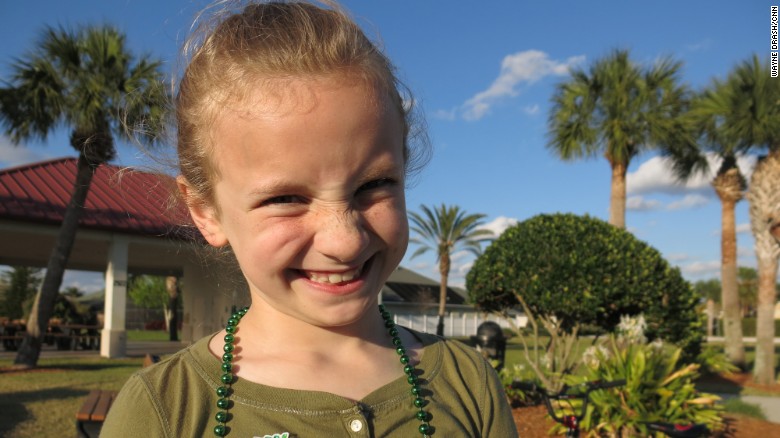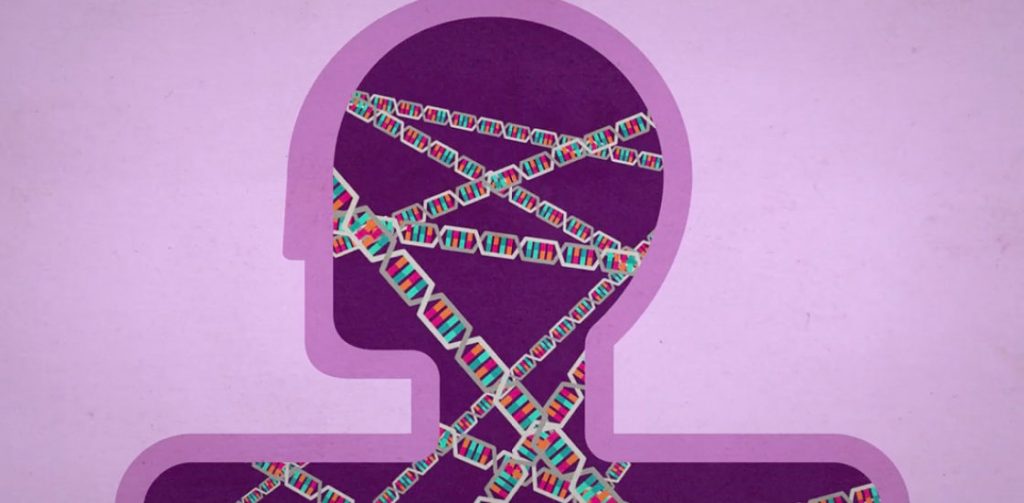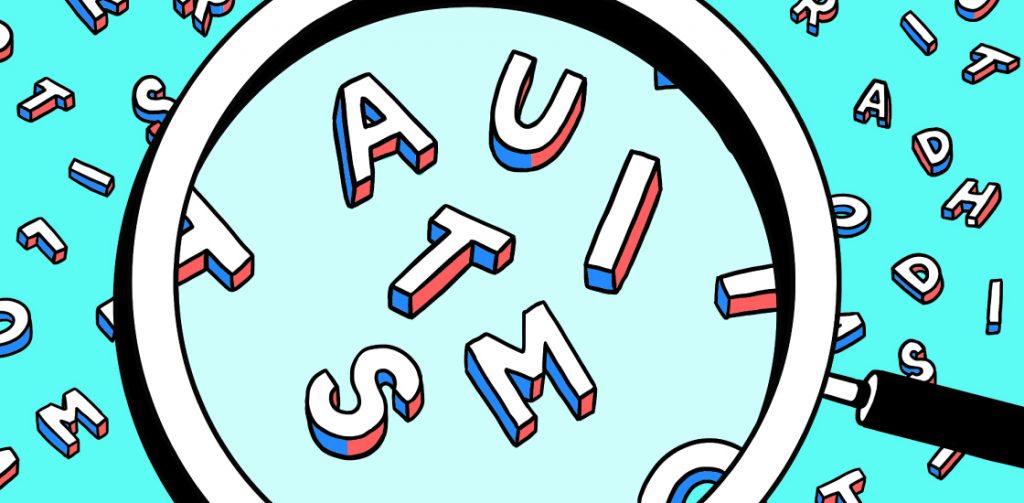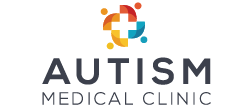Stem Cells for autism: Journal of transitional medicine

Autism spectrum disorders (ASD) are a group of neurodevelopmental conditions whose incidence is reaching epidemic proportions, afflicting approximately 1 in 166 children. Autistic disorder, or autism is the most common form of ASD. Although several neurophysiological alterations have been associated with autism, immune abnormalities and neural hypoperfusion appear to be broadly consistent.
CNN media: Stem Cells offer new hope for autism

Rockledge, Florida (CNN)Gracie Gregory smiles beneath her brilliant blue eyes. She’s sitting on her mother’s lap, next to her older sister, Ryleigh, who boasts about Gracie being “very sweet and kind.” It wasn’t always so. Just a couple years ago, Ryleigh, 11, was scared of her sister when she’d throw tantrums and screaming fits.
Article: Epigenetics of Autism Spectrum Disorder

Autism spectrum disorder (ASD), one of the most common childhood neurodevelopmental disorders (NDDs), is diagnosed in 1 of every 68 children. ASD is incredibly heterogeneous both clinically and aetiologically. The etiopathogenesis of ASD is known to be complex, including genetic, environmental and epigenetic factors. Normal epigenetic marks modifiable by both genetics and environmental exposures can […]
Research: Autism- Mesenchymal Stem Cells as personalised therapy

Research: Mesenchymal Stem Cells for Autism

Research: Mesenchymal Stem Cells for neural disease

Autism environmental risk

Autism results from an interplay between genetics and the environment. Dozens of genes have been implicated in the condition, but on the environmental side of the equation, it has been tough to nail down the factors involved. Here, we explain why it is difficult to link autism to environmental factors, and what scientists know about […]
Autism genetics, explained

Researchers have known that genes contribute to autism since the 1970s, when a team found that identical twins often share the condition. Since then, scientists have been racking up potential genetic culprits in autism, a process that DNA-decoding technologies have accelerated in the past decade. As this work has progressed, scientists have unearthed a variety […]
Autism diagnosis, explained

Clinicians diagnose autism using behavioral tests for the core features of the condition: communication difficulties, social challenges and restricted or repetitive behaviors. But getting an autism diagnosis can be a long and challenging process. Because autism is a heterogeneous condition defined by behavior and not by a single gene, blood or brain profile, clinicians use reliable […]
Autism studies by autism research trust
Autism is a lifelong developmental disability that affects a person’s ability to communicate and build social relationships. It also leads to unusually narrow interests, a strong preference for repetition, sensory hyper-sensitivity, and challenges in adjusting to unexpected change. Autism also leads to excellent attention to detail, memory for detail, and excellent pattern recognition. Some people […]
